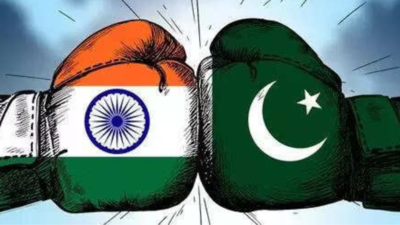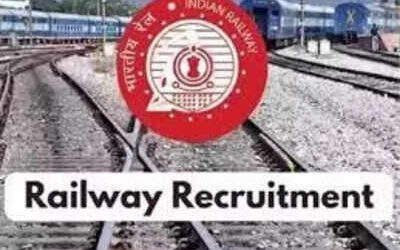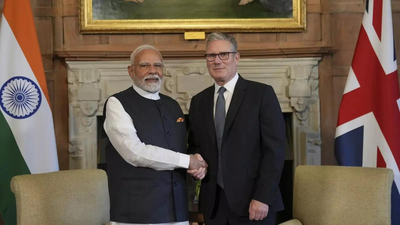Indus water pact, Donald Trump’s role and who supported Pakistan: Key takeaways from House panel meet on cross-border terrorism, Operation Sindoor | India News

NEW DELHI: A parliamentary consultative committee on external affairs convened to review Operation Sindoorand India’s broader strategy on cross-border terrorism. The meeting addressed concerns raised by the opposition and shed light on diplomatic, military and international aspects of the operation.Here are the key takeaways:1. No ‘tip-off’ to Pakistan before the strike, govt shares timelineAmid questions from Congress over whether external affairs minister S Jaishankar had warned Pakistan ahead of Operation Sindoor, the government presented a clear chronology. According to sources, the sequence was: the terror hubs were hit, the PIB issued a press release, and only after that did the Indian DGMO speak to his Pakistani counterpart. “There was absolutely no conversation between India and Pakistan in any manner before the operation,” sources said, as quoted by ANI.2. India struck terror camps, not Pakistan: Diplomatic strategy explainedThe government clarified that the operation was framed and executed as a counter-terrorism mission rather than an attack on Pakistan. By focusing on terror hubs, India gained broad international support, with only three countries, Turkey, Azerbaijan and China, not backing the move. “It wasn’t against Pakistan per se, so the support came from almost all countries,” a source said, ANI reported.3. Operation Sindoor dented morale of Pakistan’s forcesOfficials said India’s targeted strike hit three major camps that had long been the epicentre of terrorist activities. “Pakistan was exposed, it couldn’t protect those camps. It’s a morale setback for their forces,” the government told the panel.4. Trump’s ‘mediation’ claims addressed, India held firm on ‘no talks with terror’Several MPs raised US President Donald Trump’s past claims about mediating between India and Pakistan. The government reiterated that New Delhi had made its stance clear: terror and dialogue cannot go hand in hand. All international interlocutors, including the US, were told that “talks can’t proceed under the shadow of terror.”5. Indus Water Treaty in abeyance, MPs to be briefed on next stepsThe panel also sought clarity on the status of the Indus Waters Treaty. The government said the treaty is currently in abeyance and assured members that further steps would be communicated in due course.6. Congress raises questions on India’s Pakistan strategyCongress sources said the government failed to explain why the India-Pakistan hyphenation, long resisted by Indian diplomacy, has become a reality again. The party also raised concerns over India’s decision to abstain from voting on the IMF loan to Pakistan, and flagged the deepening strategic and military ties between Pakistan and China. Additionally, the Congress cited Marco Rubio’s remarks as a sign of growing international perceptions that India should resume talks with Pakistan.7. EAM calls for national unity on foreign policyExternal affairs minister Jaishankar urged MPs to maintain national unity on matters of external affairs. He referred to the bipartisan efforts of Indian parliamentary delegations engaging with foreign counterparts to uphold India’s position globally.The meeting concluded with broad support for India’s strategy and a reaffirmation of the country’s stance that terrorism will be countered decisively, on the ground and diplomatically.





